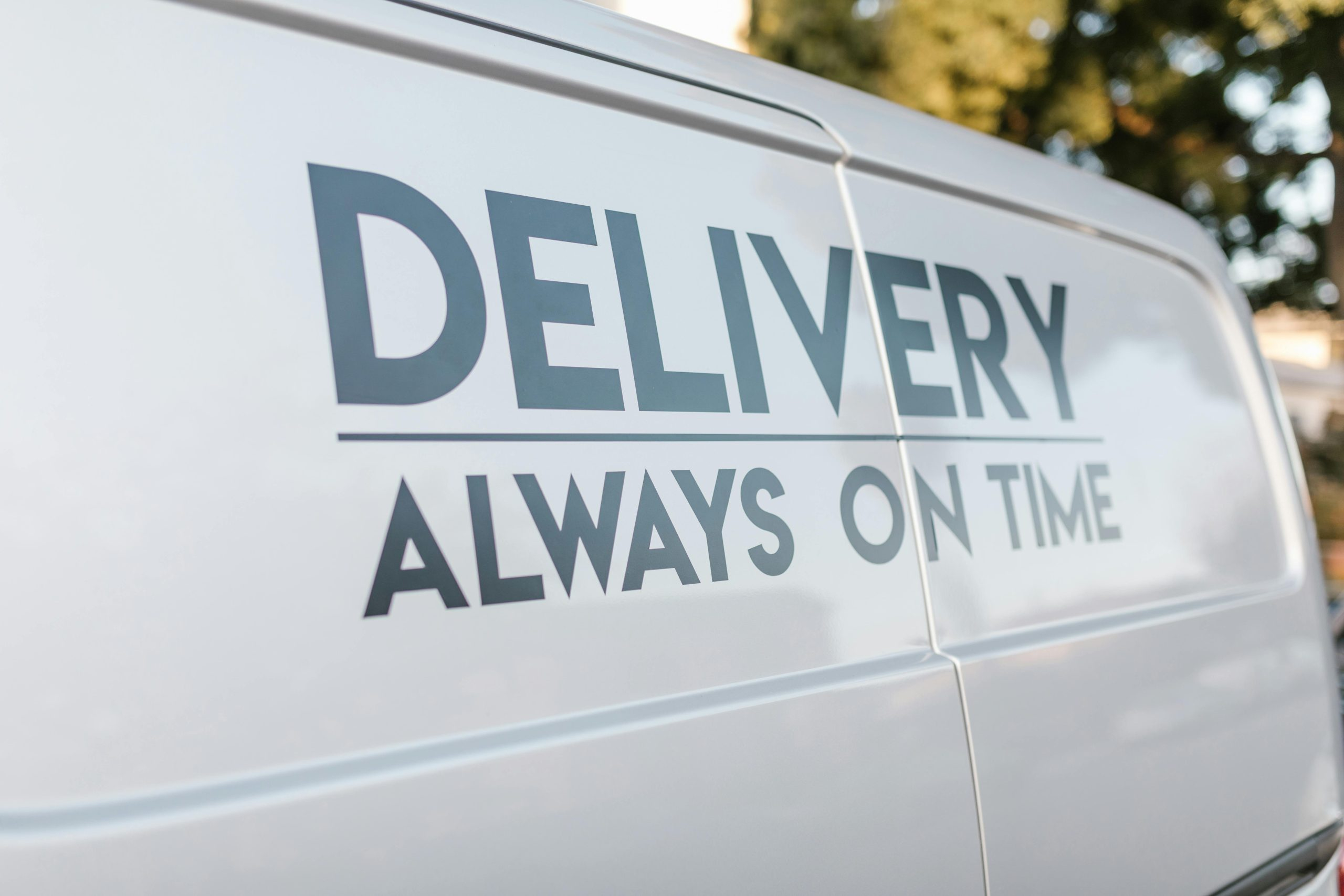Evaluating the True Cost of Car Loans
If you’re in the market for a new car, chances are you’re considering taking out a car loan. While car loans can provide the means to purchase your dream vehicle, they also come with a price. As with any financial decision, it’s important to weigh the true cost of a car loan before signing on the dotted line. In this article, we’ll discuss the various factors that contribute to the true cost of a car loan, so you can make an informed decision and avoid any unexpected financial surprises down the road.
The interest rate
The interest rate is perhaps one of the most important factors to consider when evaluating the cost of a car loan. This is the percentage of the principal amount that the lender charges for the privilege of borrowing money. In simple terms, the higher the interest rate, the more you’ll end up paying in the long run.
Fixed vs. variable interest rates
When it comes to car loans, there are two types of interest rates: fixed and variable. A fixed interest rate remains the same throughout the entire loan term, whereas a variable interest rate can fluctuate based on market conditions. While a fixed interest rate provides the benefit of predictability, a variable interest rate may be lower initially, but can increase over time, resulting in a higher overall cost.
The loan term
The loan term, or the length of time you have to repay the loan, also plays a significant role in the true cost of a car loan. Generally, longer loan terms mean lower monthly payments, but they also result in paying more interest over time. On the other hand, shorter loan terms may come with higher monthly payments, but the total interest paid will be significantly less.
Consider your financial situation
Before deciding on a loan term, it’s important to consider your current financial situation. Can you comfortably afford higher monthly payments? Or would a longer loan term be more manageable? It’s important to find a balance that works for you and your budget.
Additional fees and charges
Aside from interest and loan term, there may be other fees and charges associated with your car loan. These can include application fees, processing fees, and prepayment penalties. Make sure to carefully review the loan agreement and ask about any potential fees before finalizing your loan.
Consider negotiating
Don’t be afraid to negotiate the terms of your car loan. If you have a good credit score or are a loyal customer, you may be able to secure a lower interest rate or have certain fees waived. It never hurts to ask, and you could end up saving a significant amount in the long run.
The impact on your credit score
Keep in mind that taking out a car loan will also have an impact on your credit score. Any missed payments or defaults can lower your score, which can make it more difficult to obtain credit in the future. It’s essential to budget accordingly and make all payments on time to maintain a good credit score.
Consider alternative options
If the true cost of a car loan seems too high, it may be worth exploring alternative options. You could consider saving up for a larger down payment to reduce the amount of the loan, or opt for a more affordable vehicle. You could also explore other financing options, such as a personal loan from a bank or credit union.
In conclusion, when evaluating the true cost of a car loan, it’s crucial to consider the interest rate, loan term, additional fees, and the impact it will have on your credit score. By carefully weighing these factors and considering alternative options, you can make an informed decision and avoid any financial pitfalls. Happy car shopping!










